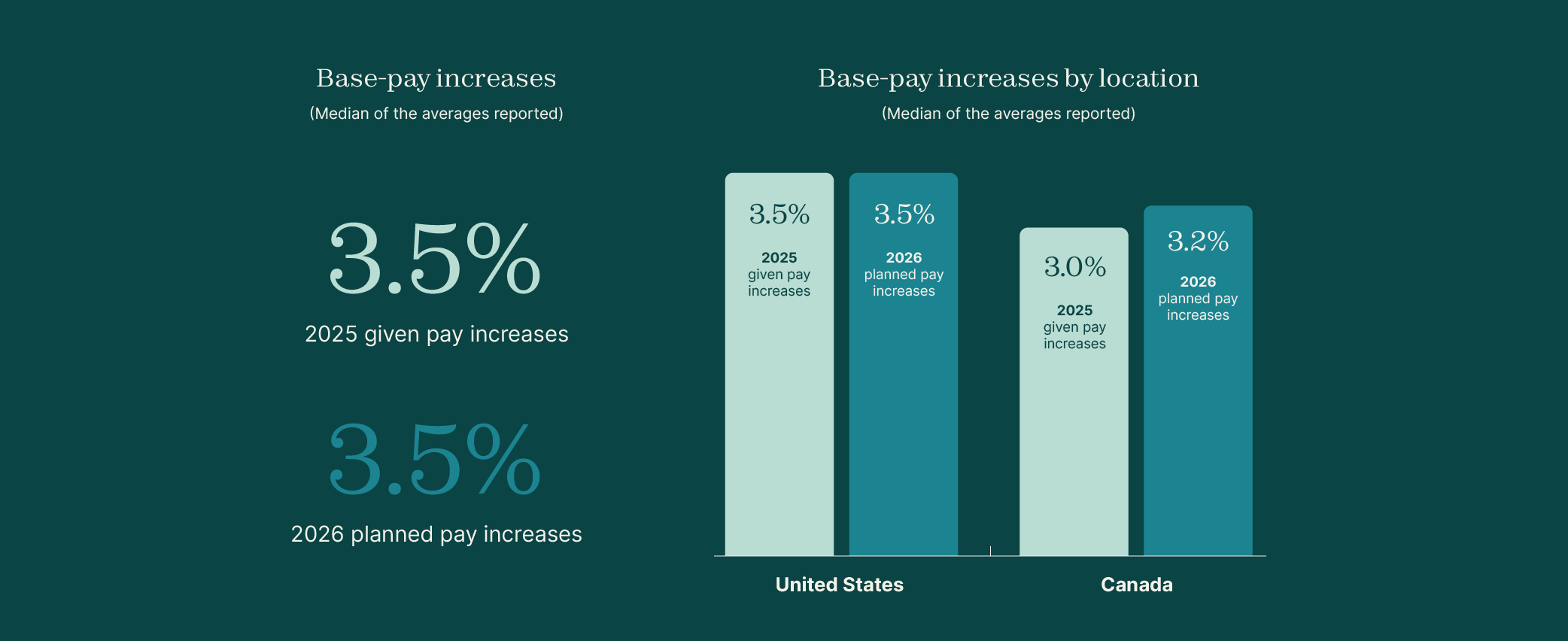Understanding non-compete agreements
The scenario is a familiar one: a highly skilled candidate gets offered an excellent job at a great company. It's everything she hoped for: a competitive compensation plan, stock options, a flexible work environment and more. However, to take the position, she has to sign a non-compete agreement, which she does, without hesitation.
Two years later, she gets an offer for a higher-level job at another company in the same industry, only to realize that the non-compete prevents her from taking that position for a full year after she leaves her current position.
She's stuck.
It's understandable why many organizations require non-compete agreements. They want to ensure their account managers don't move to a competitor and take their entire books of business with them. They want to prevent their product developers from helping other companies go to market with a proprietary product they're developing. However, although non-compete agreements protect the employer, when taken to the extreme, they can be extremely detrimental to employees.
What is a non-compete agreement?
A non-compete agreement, or a covet not to compete, is a contract that legally prevents employees from competing with their current or former employer. The duration of these contracts can vary.
In some cases, employers only require employees to abstain from working with other businesses in similar industries while they're employed at their organization. In other cases, employees might be prevented from working with a competitor or starting their own competing business for a number of years.
Although employees cannot be forced to sign non-compete agreements, not signing could mean not getting the job. If that employee does get hired without signing a contract, that might make him or her ineligible to receive severance pay. So, not signing could come with a significant penalty down the road.
How prevalent are non-compete agreements?
According to the Economic Policy Institute, roughly half of private-sector businesses require at least some of their employees to enter non-compete agreements. This affects 36 to 60 million workers.
Until recently, the federal government hasn't regulated non-compete agreements, leaving this job up to each state. However, on July 9, 2021, President Biden issued an Executive Order asking the Federal Trade Commission to limit non-compete agreements as part of an initiative to promote business competition.
Why do companies need non-compete agreements?
Organizations ask employees to sign non-compete agreements because they don't want their high-level employees leaving their organization to work for the competition, starting a competing business, or stealing clients.
Employers also want to prevent their proprietary processes, programs and product development roadmaps from being shared with other organizations or used at a competing venture. The non-compete protects their investment.
Although all of these are legitimate concerns for businesses, there is growing research showing a decline in overall work performance, innovation, project ownership and morale by employees bound to non-compete agreements. According to the study published in Harvard Business Review, "The drop in motivation and results may be more damaging to companies than the actual loss of the employees."
Do non-compete agreements hold up in court?
Non-compete agreements are typically enforceable if they fall within reasonable lengths of time, geographic scope and activity restriction, with what is "reasonable" varying from state to state. Here are some guidelines:
Geographical scope
When a court is determining whether the non-compete agreement being broken is within bounds, officials will consider the geographic limitations imposed by the employer. For example, if an employer tells employees that they can't work for a competing company anywhere in the country, the court will usually deem that as unreasonable, depending on the job and circumstances.
Expected duration
While many non-compete agreements can last up to six months after employment, some industries require agreements lasting two years. While what is considered a "reasonable" duration will vary from one industry to another, anything over two years is typically considered excessive.
Business restrictions
The restrictions an employer places on the employee are also cause for consideration. If the employer is limiting the prior employee's options for employment to the point where her or she can't use any of his or her skills, the court will more than likely decide the restriction is irrational and unfair.
What voids a non-compete agreement?
There are some situations in which a non-compete agreement can be voided, including:
- The employee never signed the agreement.
- The new position doesn't violate the terms of the agreement.
- The agreement isn't relevant to a legitimate business interest.
- The employer didn't fulfill the employment contract terms.
- The employer behaved unethically or illegally.
If an employee is let go and receives a termination letter, the non-compete agreement may still be enforceable. However, after an employee has been fired, many courts will agree that if an employee has been let go due to employer misconduct, discrimination, or other nefarious activity, the non-compete agreement is no longer relevant and enforceable.
States that do not allow non-compete agreements
Because individual U.S. states regulate the enforcement of non-compete agreements, the restrictions vary considerably, depending on where you are in the country.
North Dakota, Montana, Oklahoma and California all ban the use of employer/employee non-competition agreements, in most cases.
In recent years, more states have begun to tighten restrictions on non-compete agreements for low-wage or hourly employees. For example, Maryland and Virginia have both banned most covets regarding low-wage workers. As of October 2021, Nevada prohibits non-compete agreements for hourly workers, as well.
Washington D.C.'s ban on non-compete agreements, which also prevents employers from prohibiting simultaneous employment, has been delayed until October 2022. This delay gives employers more time to prepare for compliance, and also gives the legislature more time to consider amendments that address concerns of the D.C. business community.
Although no one knows what the future of non-compete agreements hold, one thing is for certain: it's a volatile topic that will be making the headlines in the months and years to come.






